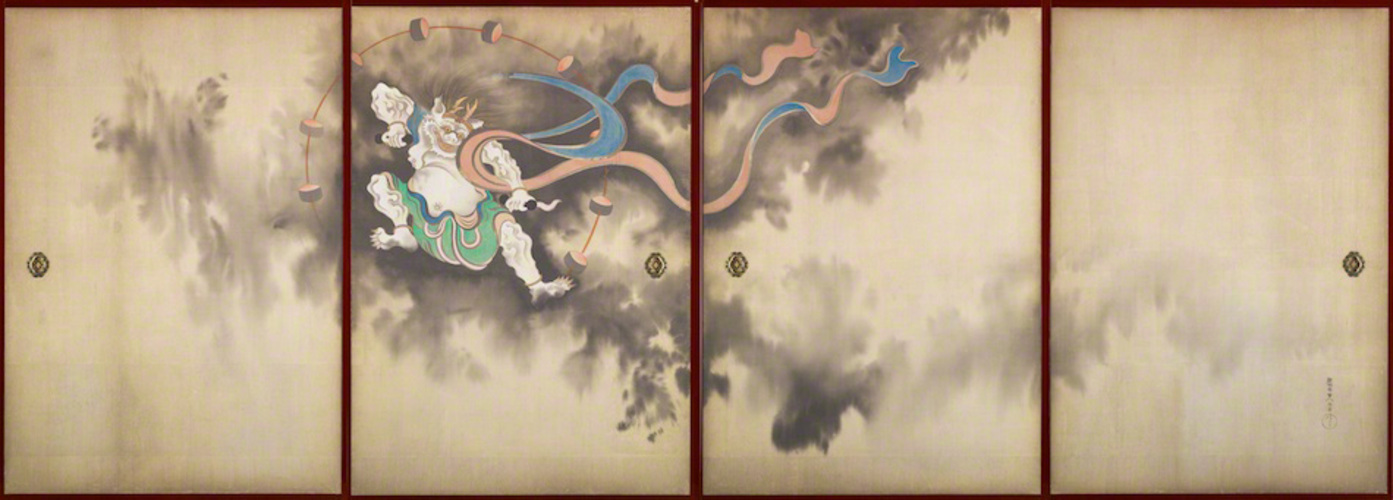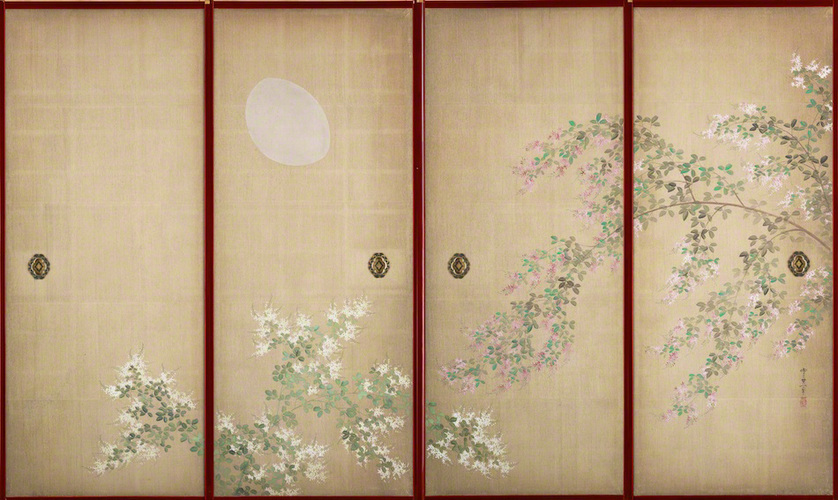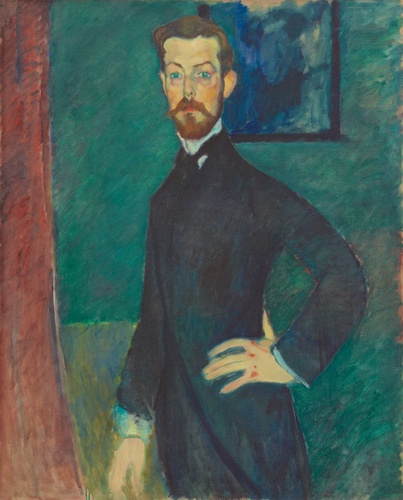On Loan
Celebrating the 350th Anniversary of Ogata Korin's Birth: Treasures by Rinpa Masters - Inheritance and Innovation
Exhibition period
Tuesday, October 7 - Sunday, November 16, 2008
Tokyo National Museum (Tokyo, Japan)
URL:
http://www.tnm.jp
On Loan
Amedeo Modigliani
Exhibition period
Tuesday, August 12 - Sunday, October 5, 2008
Iwate Museum of Art (Iwate, Japan)
URL:
http://www.ima.or.jp


